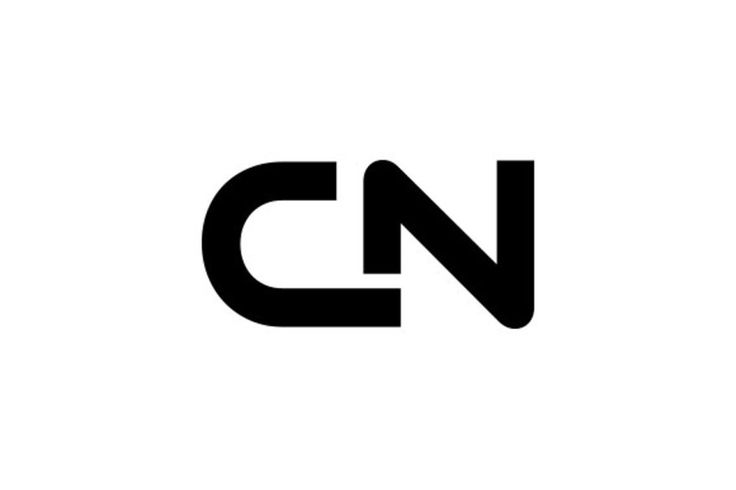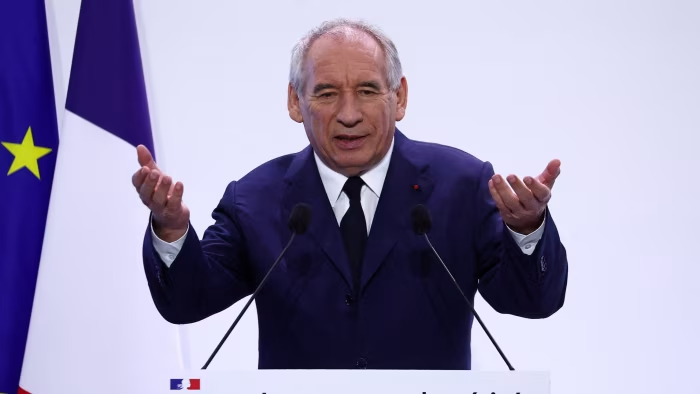The US left’s glaring attention deficit

First of all, happy July 4 to American Swampians — and to British readers too. As a Brit living in the US, I feel it is a day to be celebrated. The American Revolution was also a transatlantic civil war in which some of my English heroes, notably Thomas Paine, rallied to the colonies. That is to say — and contrary to what one or two American friends suppose — July 4 is not an awkward day, let alone a mournful one for me.
Had I been alive in the late 18th century, I fondly imagine siding with the rebels against the Hanoverian redcoats and their Hessian mercenaries. Which brings us to now. Donald Trump is abusing his power with an abandon rarely witnessed since George III. This poses almost as large a challenge to liberal democracy-valuing Americans today as the tyranny of the crown did 249 years ago. “Our repeated Petitions have been answered only by repeated injury,” says the Declaration of Independence. “A Prince, whose character is thus marked by every act which may define a Tyrant, is unfit to be the ruler of a free people.”
Don’t worry Swampians, I’m not pledging my sacred honour to a revolutionary cause. But it is fair to say that America is heading in a lethal direction and nobody seems able to stop it. To put it mildly, Trump’s opponents lack a Thomas Jefferson. There is no simple fix to the quandary facing anti-Trump America. But it is worth pointing out a few red herrings.
Chief of these is the idea that Democrats should create a liberal version of Joe Rogan. The top-down donor-driven quest to replicate Rogan or any other figure from the manosphere sounds about as authentic as Mark Zuckerberg’s attempt to repackage himself as a human — sorry, hyper-masculine male. Zuckerberg received deserved mockery early this year for celebrating masculinity on The Joe Rogan Experience where he talked at length about his muscle-building regimen, how he likes to butcher meat he has hunted and so on.
Sporting his supposedly tough guy, new hairstyle (which should henceforth be known as a Palo Alto mullet) and a ghetto-gold neck chain, Zuckerberg was almost begging to be lampooned. The same goes for the liberal donors who think they can find their magic bullet on ChatGPT.
One of the most salient features of today’s politics is that voters crave authenticity. In theory, authenticity is organic. Trump did not create Rogan or other “brocasters”; he exploited their attention. The real lesson from Rogan et al is that their fans aren’t that keen on politics. Many of the brocasters are second-rate comedians and ex-sports commentators whose ability to talk ceaselessly became their métier. Banal though they are — and to my ears stupefyingly low-information — they have cornered some of today’s zeitgeist. Democrats seem to be outside the zeitgeist altogether.
An exception to this is Zohran Mamdani, the 33-year-old Muslim-American who last week upended the Democratic establishment by defeating Andrew Cuomo to win the New York mayoral primary. Though there are reasons to be sceptical of Mamdani’s policies, such as a rent freeze and publicly run grocery stores, he knows how to get attention. That means (a) talking about issues of deep concern to voters, notably affordability and economic unfairness, and (b) doing so in an authentic way. Mamdani is the last person the Democratic donor class would have ordered. Yet he is giving everyone a lesson in how you win campaigns in an attention deficit-disordered society. The monarch of voter attention, of course, is Trump.
Wise people should have deep misgivings about whether TikTok-savvy politician-influencers are equipped to govern. The tools of winning and retaining attention are so at odds with the end of governing effectively that I almost hesitated to write this note. We just have to hope America has hidden leaders-in-waiting with sufficient dexterity to win campaigns in today’s fragmented media environment then somehow ignore its unending intrusiveness. Even in the best of circumstances, governing well requires strategic purpose, which can only come with detachment. Either way, I wish my American friends a happy and historically imaginative July 4.
I am turning this week to my friend David Rothkopf, a former Clinton official, CEO of TRG Media, and widely read columnist, for this week’s response. David, what should be the meaning of this July 4? What facts would you submit to “a candid world”?
Recommended reading
-
My column this week looked at Trump’s reverse Robin Hood budget — “Trump’s big beautiful act of self-harm”. I also did a Lunch with the FT with Steve Bannon, Trump’s erstwhile chief strategist. And I had an absorbing video conversation with Foreign Policy’s editor-in-chief Ravi Agrawal on Zbigniew Brzezinski and America’s crying need for strategic thinking today.
-
Do read my colleague Leo Lewis on Japan’s great unsticking. Global investors should pay attention to Japan’s first positive interest rate environment in years in which entrenched banking practices and zero inflation assumptions are coming unstuck. A significant and interesting turn — well explained by Leo.
-
Finally I was enchanted by this Jhumpa Lahiri short story in The New Yorker that reminisces about a three-month visit to London on which Lahiri’s parents took her as a ten-year-old in 1977, which coincided with the late Queen Elizabeth II’s silver jubilee. Lahiri is a fine writer.
David Rothkopf replies
The meaning of July 4 has never changed. It has always been a day to commemorate the collective action of citizens who wrested power away from a monarch who abused it.
Of course, today, in America, we are closer to the truly revolutionary meaning of such ideas than we have been at any time since the document was drafted. The Declaration’s list of grievances with King George reads like they could have been written today about Donald Trump.
The parallels are so strong that the comparison between Trump and King George is commonplace these days. That is, if anything, unfair to George III. He inherited his power and the system over which he ruled. He did not invent colonialism or the sense of entitlement of the British ruling class. He was neither as corrupt nor as cruel as Trump.
George represented a past that America’s founding fathers wanted to undo. Trump is a malevolent force actively seeking to tear down the institutions created by those founders and wrestle the system back to one in which the few at the top of society are unaccountable to anyone.
As a consequence, what is different about this particular July 4 is that the Declaration of Independence no longer reads like a historical artefact. Once again, it is an urgent call to action. And once again it is a reminder that true change against entrenched power begins with an energised, committed and courageous citizenry.
It won’t be a podcast that saves America. It won’t even be a promising, energetic young candidate such as Mamdani, though we will require him and many like him. It will require, in addition, the intensive, courageous action of voters, of ordinary people, who realise that this is a moment when incremental change is not enough, when core principles and fundamental freedoms are at stake. It will require tens of millions of Americans, acting together, emulating the founders and embracing their principles to restore the United States to the path on which they had sought to set us two and a half centuries ago.
Your feedback
We’d love to hear from you. You can email the team on swampnotes@ft.com, contact Ed on edward.luce@ft.com and follow him on X at @EdwardGLuce. We may feature an excerpt of your response in the next newsletter





